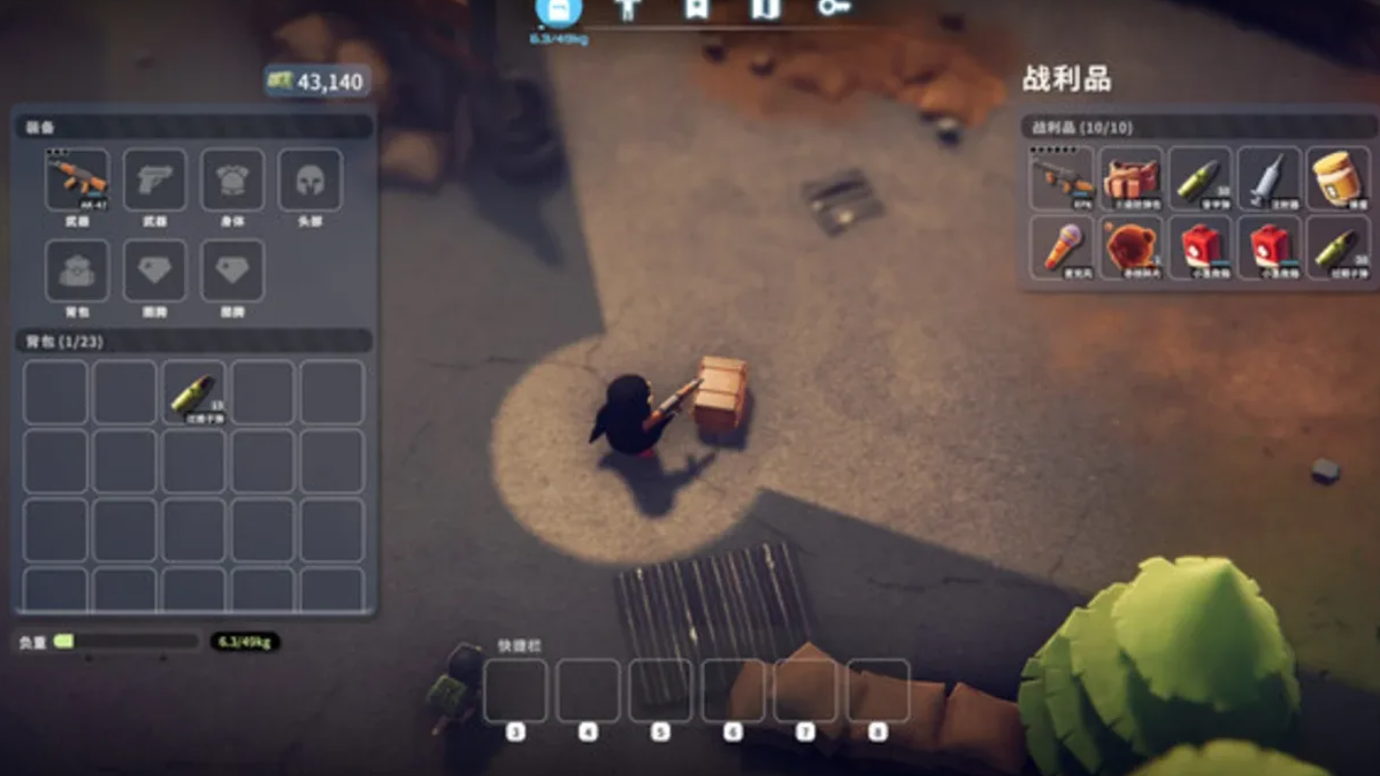Repairs live in your base, not on vendors. To enable them:
- Build a Workbench (cost: two wood).
- Open the Workbench, scroll to its upgrades, and add the Fix Station.
- The Fix Station requires a hammer and a screwdriver to install.
- With the upgrade in place, a Repair section appears. Keep the broken weapon or armor in your inventory, then pay to restore its current durability.
Later-tier benches can also repair, but the Fix Station is the earliest, simplest unlock. Expect repair costs to scale with the item and its condition.
How durability works (and why max durability drops)
Every item shows two numbers: current durability on the left and maximum durability on the right. The left number falls as you use the item. When you repair, you restore the left number but permanently shave down the right number a bit. That’s why long‑lived favorites eventually top out well below their fresh “100/100” state.
Performance penalties kick in below half of the current maximum durability, not the original factory value. Examples:
- A new 100/100 weapon starts to underperform once it drops to 50/100.
- After multiple repairs, if that weapon’s max is 50/50, the penalty threshold is 25/50.
Below that midpoint, you’ll see reduced damage and accuracy. There isn’t a dedicated on‑screen warning beyond the durability readout, so get in the habit of glancing at those two numbers before raids.
Can you prevent max durability loss?
No. Max durability loss on repair is part of the loop. A practical approach is to treat gear as consumable: repair a few times while it performs well, then retire, dismantle, or replace it. Some items spawn with lower maximum durability from the outset, so it’s worth comparing duplicates and favoring the healthiest copy for builds you plan to keep.
Quick reference: what you need to repair
| Task | Where | Requirements | Notes |
|---|---|---|---|
| Enable item repairs (Fix Station) | Base → Workbench → Upgrades | Workbench (2 wood), hammer, screwdriver | Unlocks the Repair section for weapons and armor you carry. |
| Repair weapons/armor | Workbench → Repair | Item in inventory, money for the repair | Restores current durability; reduces future maximum slightly. |
| Repair the Signal Tower (quest) | North side, east of the bunker | Driver (flathead screwdriver) | Interact at the tower to complete the fix objective and collect quest rewards. |
| Repair radar dishes (quest) | Radar Station, west side of Farm Town | On-site interaction | Two radar discs sit next to each other at the station; both count toward the task. |
Reading the numbers during a run
To avoid mid‑fight surprises, decide on your own swap thresholds:
- Weapons: rotate out or repair once you hit ~60–55% of the current max so you don’t spend your raid under the 50% penalty line.
- Armor: the same rule applies—below half of the item’s current max, protection effectiveness falls off.
If you pick up a promising drop that’s already heavily worn, check its right‑hand number before investing resources. A cleaner duplicate with a higher max will usually outperform the repaired relic after a few raids.
Common questions
Why does my favorite gun feel worse after I repaired it? If repairs pushed its maximum down, the performance penalty begins sooner. You might now spend more of each raid below half of its current max.
Is there a visual indicator when performance degrades? Beyond the durability values, there isn’t a dedicated “degraded” icon. Watch the midpoint of the right‑hand number and plan repairs around it.
Do mods remove durability loss? Community mods exist that alter or remove max durability decay, but the base game loop expects gear to wear out and be replaced over time.

If you focus your early resources on the Workbench and Fix Station, you’ll keep your kit viable while you learn the maps. Plan repairs around the 50% midpoint of an item’s current maximum, and don’t be afraid to cycle gear—your wallet and your accuracy will both be better for it.

